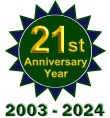|
"It
was the summer of '97," Michael
recalled. "I had been registering domain names
since 1994, and after selling Powwow.com
for $25,000 in 1996, I was feeling
pretty good about the new internet that most
people thought was just a fleeting fad. A Radio
Hall of Fame personality, Walt 'Baby' Love,
was interested in services I provided through my
production company, Powwow Productions. Walt,
who hosted a popular radio show, The Countdown,
was starting a new gospel radio show called Gospel
Traxx and a record executive who knew both
of us told him about my revolutionary studio which
recorded in random-access." "Everything
at that time was on tape, but technology was
allowing for faster and larger hard drives,
making it possible to record digitally on a
computer without using tape. This was a completely
new technology, and when Walter first walked into my
studio, he said, "Where's the studio?". I
mentioned he was standing in it! All he saw
was a large computer screen with some road cases and
electronic gear. I asked Walt to sit down at a
microphone I had placed in front of a chair and
requested him to read a paragraph from a magazine I
handed him." 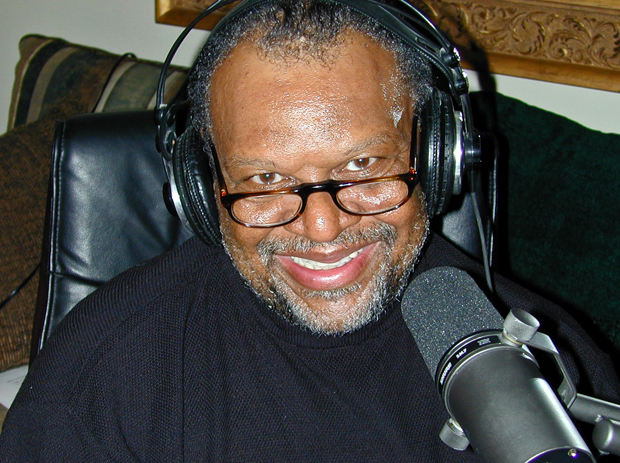
Radio
Hall of Fame Member Walt "Baby" Love "As
he was reading, I was recording him on my
computer. Halfway through, he made a mistake and
asked if he could redo it. I told him, "Just
read it again and when you make a mistake go back a
few words and continue on." He did so, starting
and stopping as he re-read several times. I took
about 20 seconds editing on the fly and played back
his now seamless performance. "How did you
do that!?" he exclaimed. A moment later he
asked if I wanted to produce his new radio show and
I accepted. That's what makes Walt 'Baby' Love so
successful. He sees something new and takes a
leap of faith forward. I produced that
three-hour show for over 15 years. It reached
over 200 radio stations worldwide weekly,
with gospel performers like Yolanda Adams
coming to the studio and even babysitting my son, Jonathan."
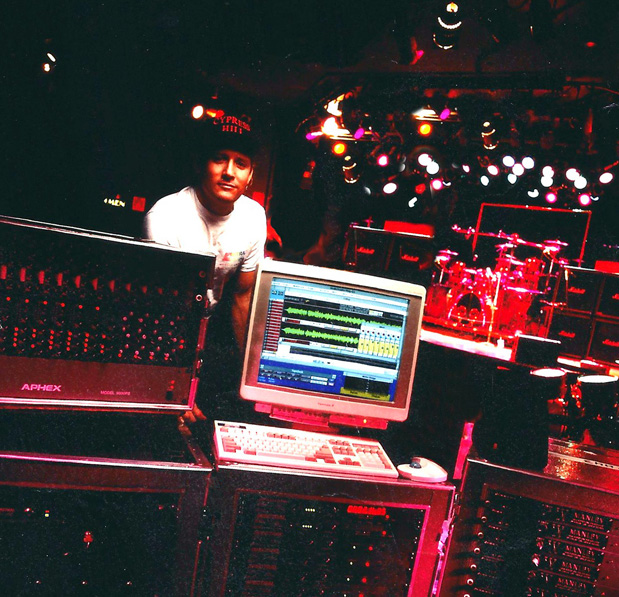
Michael
Castello at The Roxy in Los Angeles (circa 1992)
where Mix Magazine was covering
new technology he was utilizing for live
recording at the famous night club, as well as
at the Whisky A Go Go.
"From
March 1995 to the summer of 1997, Walt and I often
discussed the internet. Walt was a pastor and
felt the internet was not a good place for people. I
explained that the internet is what you make of
it. Walt realized from watching me construct
websites on my computer that there was an
opportunity for him. One night during our recording
session, he asked if I could get him involved in domain
names. I asked him how much he wanted to spend,
and he said, "How about $3,000?"
Our arrangement was that I would find and register
the names, and we would split their sales or website
businesses 50/50, like Harlem.com. He handed
me his credit card, and I registered 30 generic
domain names, including Room.com."
"Over
the years, Room.com has made Walt money. One such
instance was Hotels.com paying $25,000 a
year just to point Room.com to Hotels.com.
Later, we used Room.com as its own website for
booking hotel rooms," Michael noted.
|
"In 2019, Mark
Daniel reached out to me. I've known
Mark for many years as a great negotiator.
He had contacted me the year before with a
$400,000 offer for Room.com, which I
declined. Mark mentioned that the interested
company was now willing to negotiate a
higher price and asked for my current rate.
My reply was $4 million. Mark and I
went back and forth for several days trying
to finalize the sale. I knew I had a
potential buyer, but I was also aware of the
limitations of a new startup in terms of
funds from investors and employees. They
eventually reached their limit, but my final
offer stood at $2 million. I informed
Walter that I wouldn't go below $1.5
million. When Mark relayed this price to the
buyer, they responded that such an amount
would be "obscene". I proposed a
lease-to-buy agreement with payments spread
over 5 years, to which the company finally
agreed. They were to pay $250,000 upfront
and then $62,500 every three months
for the next 5 years," Michael said.
|
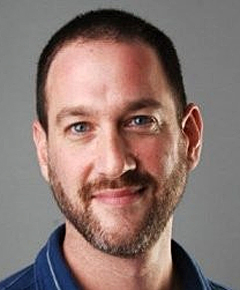
Mark
Daniel
DomainHoldings.com |
"I
could have rejected the offer, knowing that a
4-letter one-word .com domain will always appreciate
in value," Michael noted. "However, I've
always believed in maximizing the potential of
great names with deserving companies. The more
relevant domain names tied to thriving businesses or
valuable information sources, the more direct
traffic gains importance, decreasing reliance on
search engines like Google. I adopted a similar
approach with PebbleBeach.com to benefit PalmSprings.com.
We need to invigorate these prime assets.
To
close this quarter-of-a-century saga, Michael noted,
"Room.com settled the remaining $250,000 a
year ahead of schedule, concluding this story
earlier than I had anticipated."
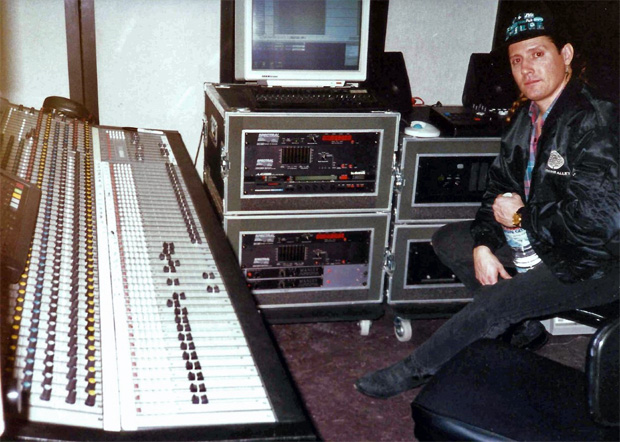
Three
decades ago Michael Castello was a pioneer
in digital recording.
He went on to become a trail blazer in
another field - domain name investing.
Footnote:
When the domain investment industry was being
born, Michael Castello was there,
watching it all happen, making some of the first
purchases and helping shape the business into what
it has become today. Michael (who later founded Castello
Cities Internet Network with his brother
David), gave us some additional background on
the domain industry's Big Bang era.
"In
the early '90s, Network Solutions (NetSol)
was likely just a small team managing a basic
database, Michael said. "That changed rapidly,
and by 1996, NetSol expanded, retroactively
charging $50 a year for each domain name. From
1986 until 1996, domain names were free to
register on a first-come, first-serve basis.
Many of the best generic .coms were quickly taken,
but a significant shift was looming for those of us
aware of the Big Drop that summer."
NetSol had given domain holders a 2-year
grace period, and most of the top domain names
registered in the previous decade were set to
expire during a one-week period. Why would
anyone relinquish a million-dollar name? The
majority who had registered their domains did so for
various reasons, often not monetary. They believed
in the principle that domain names should
remain free. Their conviction led to their
loss and others' gain."
"The
two-year $100 fee on every domain name
stretched my budget, but I was determined to secure
as many quality names as possible. During the summer
of 1997, I, alongside figures like Scott Day
and Philip Gordon, eagerly awaited those
domain drops. When they occurred, it felt like a
jackpot moment in Vegas. I cherish the
memory of being there. Opportunities always
emerge, but sometimes, like Walt 'Baby' Love, one
must take a leap of faith to seize them!"
|

